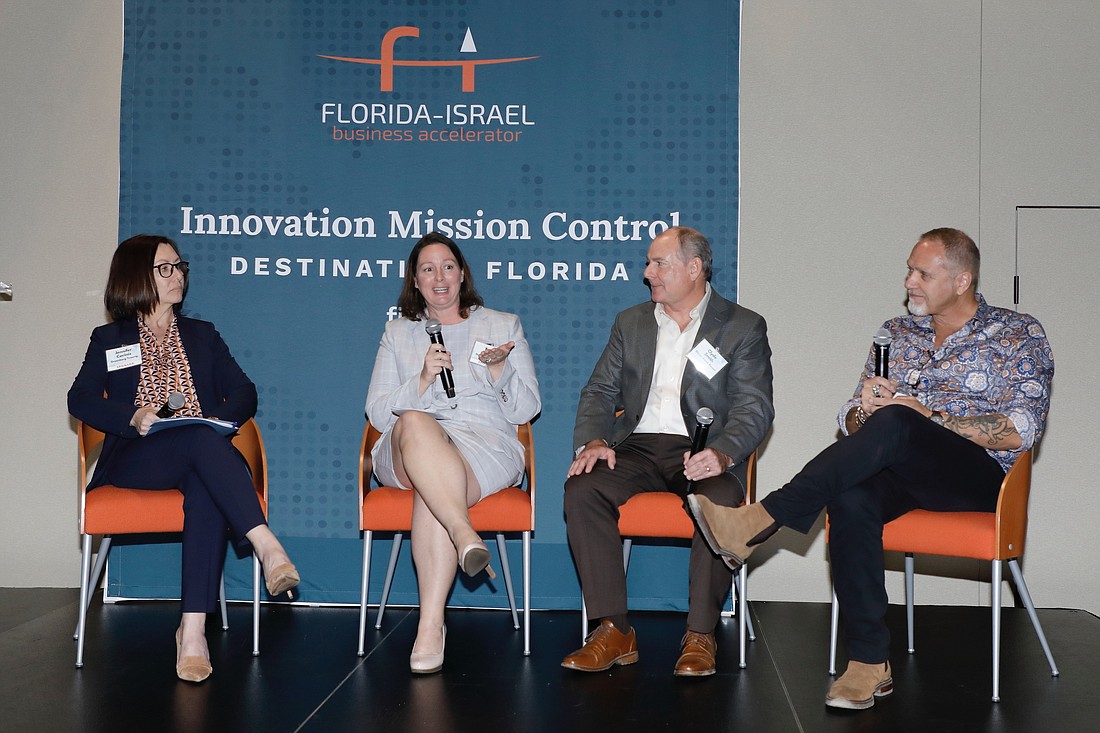- December 15, 2025
-
-
Loading

Loading

A few gasps erupted Feb. 28 at the Bryan Glazer Family JCC in Tampa when attorney Katie Molloy shared that employees can sue for twice what they’re owed if an employer doesn’t follow wage and hour laws properly — an issue plaguing the hospitality industry at the moment.
“At the end of the day, you have to pay your employees, and you have to treat them fairly,” she says.
With staffing shortages, Molloy says there’s a lot more overtime being worked and off the clock hours being logged. Not to mention extra pressure on labor budgets and hours.